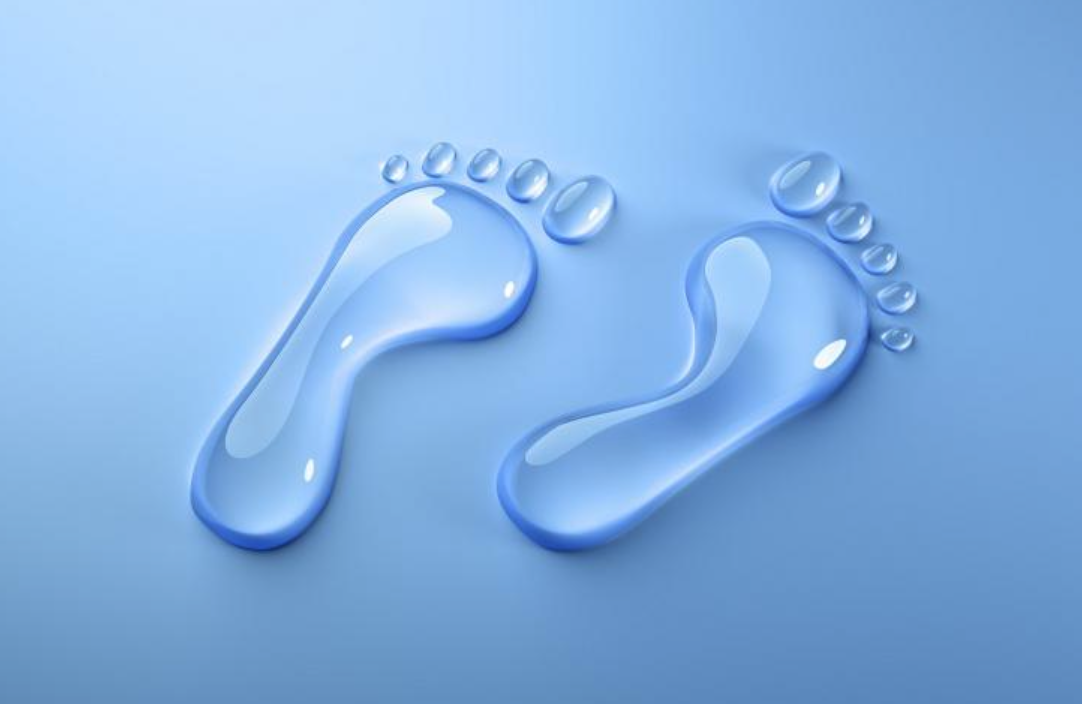Aquapath - From From Consumer Awareness to behavioural Change. A new selection from WEF - CAP

WEF – CAP, seeks to identify knowledge on what is working and what is not, what is promising, and what can be promoted for capitalization through policy/replication/commercialization support, is presenting a new best practice: the Aquapath ERASMUS+ Project.

This project gathered 7 partners from 6 EU countries and was developed for a period of 2 years (September 2014-2016). The project was aimed at fostering citizens’ awareness regarding water consumption, developing various training materials and tools in relation to two different and important target groups: children and adults.
Aquapath developed an awareness raising campaign, making the citizens consumers more responsible, demonstrating that they were able to affect the water consumption in three ways:
- changing their consumption habits from products with large water footprint to products with small water footprint
- reducing their direct water consumption
- trying to push to manufacturers to alter their processes and produce products with smaller water footprint.
The project idea was therefore to develop tools to foster citizens’ awareness regarding water consumption, to reduce their water footprint and, lastly, making responsible consumers and “sustainable families”.
Aquapath identified the 2 above-mentioned target groups and, to have a stronger impact, developed the tools using 2 different languages: for children the project used interactive games and cartoons and for adults was developed a communication campaign through practical tutorial mainly including measures and practical suggestions for water savings.
As a relevant experience and example of good practice, Aquapath is expected to be highlighted by WEF – CAP in upcoming discussions and workshops related to good policy development.
Aquapath developed a video that is available here.
More information about the project can be found here.







